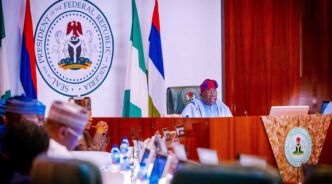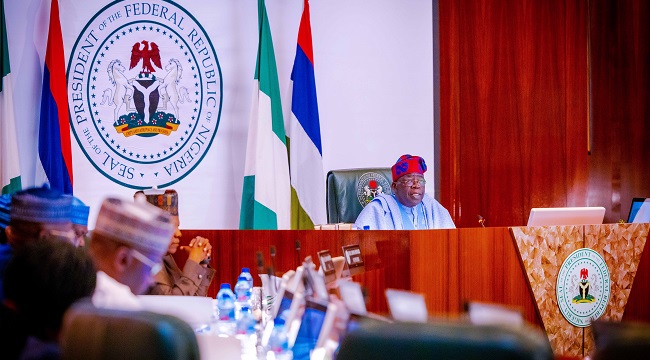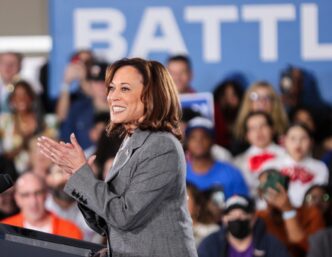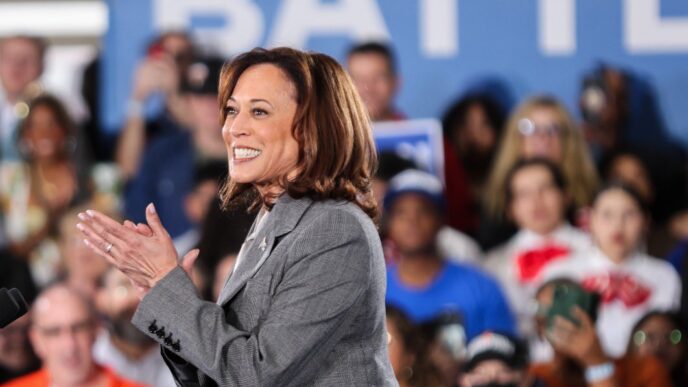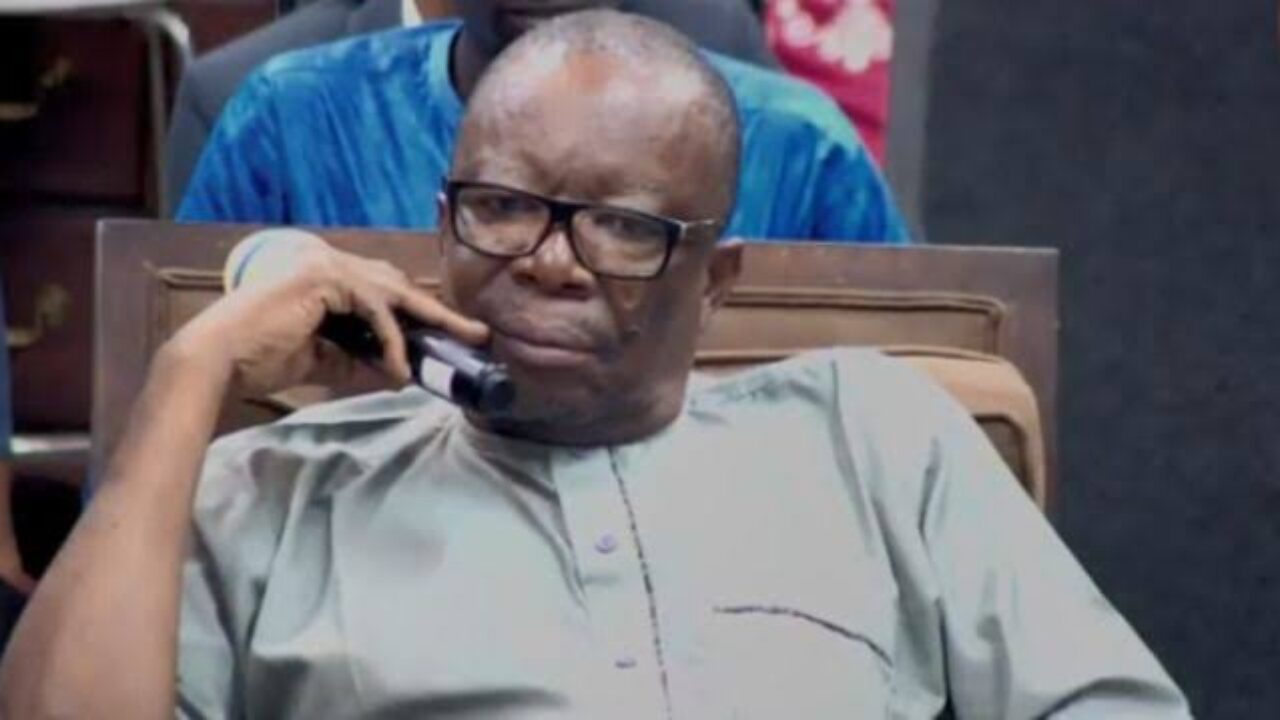A couple of months ago, I had an interesting conversation with a friend who, after reading one of my articles, had quickly called to ask if I was, by any means, suggesting an increase in telecoms tariffs. Yes was my quick-fire response without waiting for him to land. Even you too will pay more for your transactions, he reminded me.
Yes, I told him I was prepared to pay more and have the service available instead of enduring the service uncertainties confronting us at the moment. From my little knowledge of the industry, I tried to explain to him that the way the industry was going, labouring under such a weight in a volatile economic environment, it would soon go down or witness such a wrench that everybody, at least those lucky enough to still be able to fund their phones, would feel it across the land.
Enjoy the contradiction here. No customer wants to pay more for a product or service. But mine comes from a selfish point of view that many may not understand. With nearly all the economic pointers heading downwards, telecoms, which remains one of the very few products that one can hold onto, and maintain the bragging rights of being part of humanity, shouldn’t also be allowed to die just because we can’t fix our economic environment.
Last week, the operators spoke up by saying that if something wasn’t done urgently, the industry would soon start load-shedding and serve their customers the way the power sector has served the nation since the day I was born. And that is not yesterday! Please, don’t say God forbid if you have not listened to their story.
Advertisement
Financial Derivatives Company (FDC), a foremost analytics provider on the nation’s economy, provided a commodious conscourse for the operators to ventilate their fears. At a forum appropriately titled, Telecoms Industry 2.0: The Next Investment Frontier in Nigeria, experts and industry operators traced the trajectory of an industry that hit the tipping point in the early 2000, and has remained ever so buoyant and socio-economically relevant until in recent years (2022) when the weight of a failing economy became too heavy for it to bear.
In spite of immediate uncertainties, the forum observed most hopefully, that Nigeria can become the third largest mobile market in the world in ten years with an annual investment of $1bn. The reason for such aspiration and market positioning is stated.
Nigeria’s share of the global telecoms investment market is 0.6 percent while her share of the global population is 3 percent. Global telecoms investment is projected to hit $342bn by 2027.
Advertisement
“If Nigeria can increase its share of the global telecoms investment to at least one percent, this could result in $3.5bn, boosting forex inflow into the country and productivity, which is suitable for employment, and overall economic growth. For Nigeria to regain its lost position as Africa’s largest economy, there is an urgent need to press the reset button and revive this sector. Time is not on the side of Nigeria,” FDC warned.
Keynote speaker, Bolaji Balogun, Chief Executive Officer of Chapel Hill Denham, who should also be credited as a major proponent of the telecoms sector being a founding member of Econet Wireless at the time, now Airtel, submitted that the industry needs about $1bn yearly to improve service quality, increase universal coverage, smartphone penetration, broadband quality and reduce industry’s carbon footprints, among others, noting that “there are more grounds to cover for another 25 years.”
“We cannot secure this nation without improving our digital infrastructure. Our digital infrastructure has the power to change Nigeria’s economy,” Bolaji declared as he referenced the pervasive security challenges facing the nation.
Without a doubt, there are too many worrying concerns for the industry at the moment – staggering inflation defying logic, unstable forex market, making it impossible for operators to access forex for equipment and expansion, and even maintenance, resulting in depreciating quality of service, a populace daily plunged into hunger, multiplicity of charges and taxes by the Federal Government, States and even social groups, among others.
Advertisement
The unfortunate result is that the industry is haemorrhaging. In the past 18 months, the two floated telcos have recorded a combined loss of N743bn. And there are fears for the worst.
Engr Gbenga Adebayo, Chairman, Association of Licensed Telecoms Operators of Nigeria (ALTON), alerted that the industry has become a victim of its success, Karl Toriola, Chief Executive Officer of MTN warned that the industry cannot carry on much further, noting that in its present shape, nobody would be ready to make any investment in the sector.
“Nobody is going to put in $1 with the expected return of 60 cents on the dollar,” he pointed out.
Toriola therefore called for an urgent tariff review to save the industry from collapse.
Advertisement
“There’s no way under the surface of the earth, in the kind of inflationary environment and forex devaluation that we’ve seen, that an industry can maintain the same prices for 11 years.
“Price increase has become imperative, it is now an absolute necessity because the sector is in an intensive care unit, ICU, and needs urgent rescue to avoid total collapse,” he said.
Advertisement
Engr Adebayo has never been shy to speak about his industry, pointing out landmines on the way. The other day, he appealed to the government not to use telecommunications as an economic palliative to the people.
At the FDC forum, he noted that “the behaviour of those that superintend over government agencies is poor and antithetical to progress. Remember that when the operator signed agreement to provide telecom services in the country in 2001, the part the Nigerian government signed was to provide 18 hours of power supply to the operators. That part of the bargain has not been fulfilled since then. Yet, the greater part of our operating expenditure, OPEX, is on power.”
Advertisement
Except some urgent measures were taken by the government, the industry could be plunged into the ignoble realm of load-shedding as it is done in the power sector where, for lack of capacity to provide services to the customers, the operators go into product rationing, which is also called load-shedding.
“With all these, services will continue to be impaired. Today, we are heading to a situation where telecom services will be provided in parts because telcos may not be able to service all their sites at the same time,” Gbenga warned ominously.
Advertisement
I have read responses about the regulator, the Nigerian Communications Commission (NCC), saying it would not be arm-twisted by the operators’ threat. This for me, is esoteric hogwash, if not regulatory intransigence, to mistake the pains and fears of the operators for threats.
In the past few years, service costs have been heading for the skies. The value of the Naira has crashed beyond understanding except for those skilled in money matters in a warped way, the epileptic power sector has been allowed to raise tariffs copiously, diesel cost has crippled industries, with telecoms carrying a troubling share, in fact there is general infrastructure failure which makes it difficult for the operators to render premium services. And the regulator is talking of threats!
Have they never heard of the hunter’s tale? After a lone hunting expedition at night, the hunter returns home with a lot of games. But he refuses to share his experience, the things he saw; you know so many things happen at night. The hunter was witness to all of them but keeps mum in order not to set the village on fire with his revelations. He does not only carry the load, he feels the pains of his silence.
FDC has done the country a lot of good by providing a platform for the telecom operators to speak up. Unlike the hunter, the operators who bear the pains of a challenged industry, have chosen to share their experiences and save the nation and the industry in particular a lot of headache. Lots of facts have been laid out, a lot of data have been put on the table to help the regulator and government take informed decisions instead of pretending that all is well. Will anybody ever deny that a failed telecom sector could take down every other sector of the economy?
The FDC forum has put a lot of information in the public domain, all pointing to the obvious that the telecoms industry is not in a good place. The NCC should work with the information and, on behalf of the Nigerian Government, think of agile regulatory measures that can remedy some of the immediate problems while encouraging the government to quickly fix the bigger ones.
So many sectors of the economy need a lot of fixing. The NCC can point the way by straightening out the telecoms industry for good measure.
Views expressed by contributors are strictly personal and not of TheCable.




